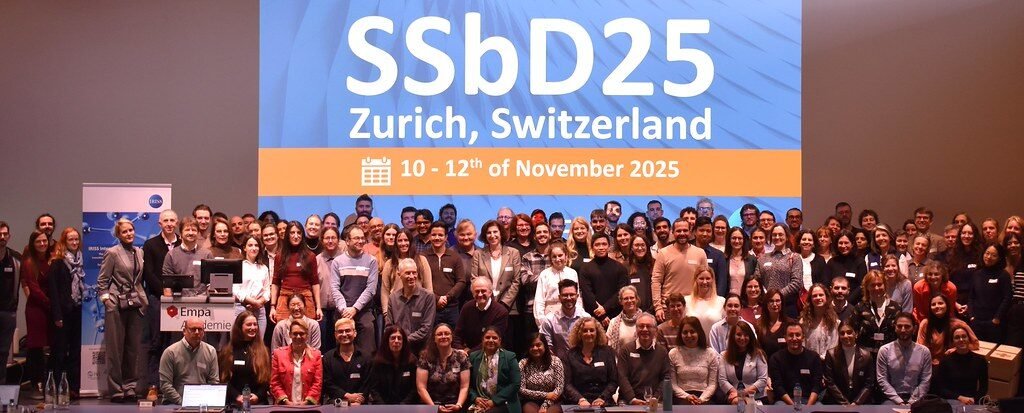LNE is the French National Metrology Institute responsible for developing French measurement references (incl. the standard meter, standard kilogram, to name bu a few). These references provide industrial players with the primary calibration resources they need to obtain comparable, reliable data to support decision-making. As such, it is funded by the Direction Générale des Entreprises (DGE) to carry out the R&D programmes needed to set up these high-level references (instruments, methods, standards, etc.). It works closely with its European and international counterparts to ensure the overall consistency of the measurement system on a global scale. LNE is also supporting consumer concerns by offering tests, analyses, technical/regulatory assistance and certification capabilities to build trust on all aspects of product performances, quality and safety at every stage of the product life cycle (development, production, marketing, disposal).

Recognising the critical importance of interdisciplinary research focused on nanotechnology and advance materials among multiple critical industrial sectors, the LNE established the NanoTech Institute in 2018, with a view to developing the reference instruments and reference measurement protocols needed for characterisation of multiple critical properties of nanomaterials to support regulation implementation and risk assessment at different key stages in the life of products. Recently the LNE Nanotech, jointly with French chemical and cosmetics industries (France Chimie and FEBEA) launched the the NanoMeasureFrance association, a public/private partnership with the mission to improve the quality of measurement data related to nanomaterials. It works on identifying needs, mapping the French and European stakeholders, coordinating French actions in the field of pre-standardisation of testing methodologies and disseminating information and best measurement practice.
LNE & the MACRAMÉ Project
In the MACRAMÉ Project LNE has multiple roles:
- Physico-chemical characterisation: Thanks to the expertise of his team in the field of advanced materials, including graphene-related-materials and nanomedicine, the LNE coordinates the development of the MACRAMÉ Control Material Library (CML), and the development of characterisation protocols for the detection and characterisation of advanced materials in complex matrices and end-of-life scenario;
- Simulate the thermal degradation of advanced materials and nanocomposites in different thermal degradation scenarios (accidental combustion, pyrolysis or incineration in a controlled atmosphere) with a unique metrologically validated test bench. The LNE is providing representative incinerated materials for the partners performing the risk assessment in the project;
- Contribute to the development of high-resolution imaging methods for quantification and characterisation of nanomaterials and advanced materials (AdMas) in cells through Single Cell ICP-MS;
- Support the standardisation of the developed protocols, thanks to the strong involvement in standardisation committees including, the French AFNOR/X457 “Nanomaterials” committee, CEN/TC 352 and ISO/TC 229 “Nanotechnologies”, VAMAS and OECD/WPMN.

LNE’s role in MACRAMÉ strengthens the missions of the NanoMesureFrance Association in connecting industry and regulatory bodies by contributing to the implementation of SSbD innovation through the production of comparable and more reliable data. In particular, LNE is leading the development of the Harmonisation & Standardisation Roadmap for physico-chemical testing, where fit for purpose protocols for the dispersion and characterisation of graphene related materials for ecotoxicity and cytotoxicity testing are considered, to extend the applicability of existing roadmaps to challenging carbon-based nanomaterials.







